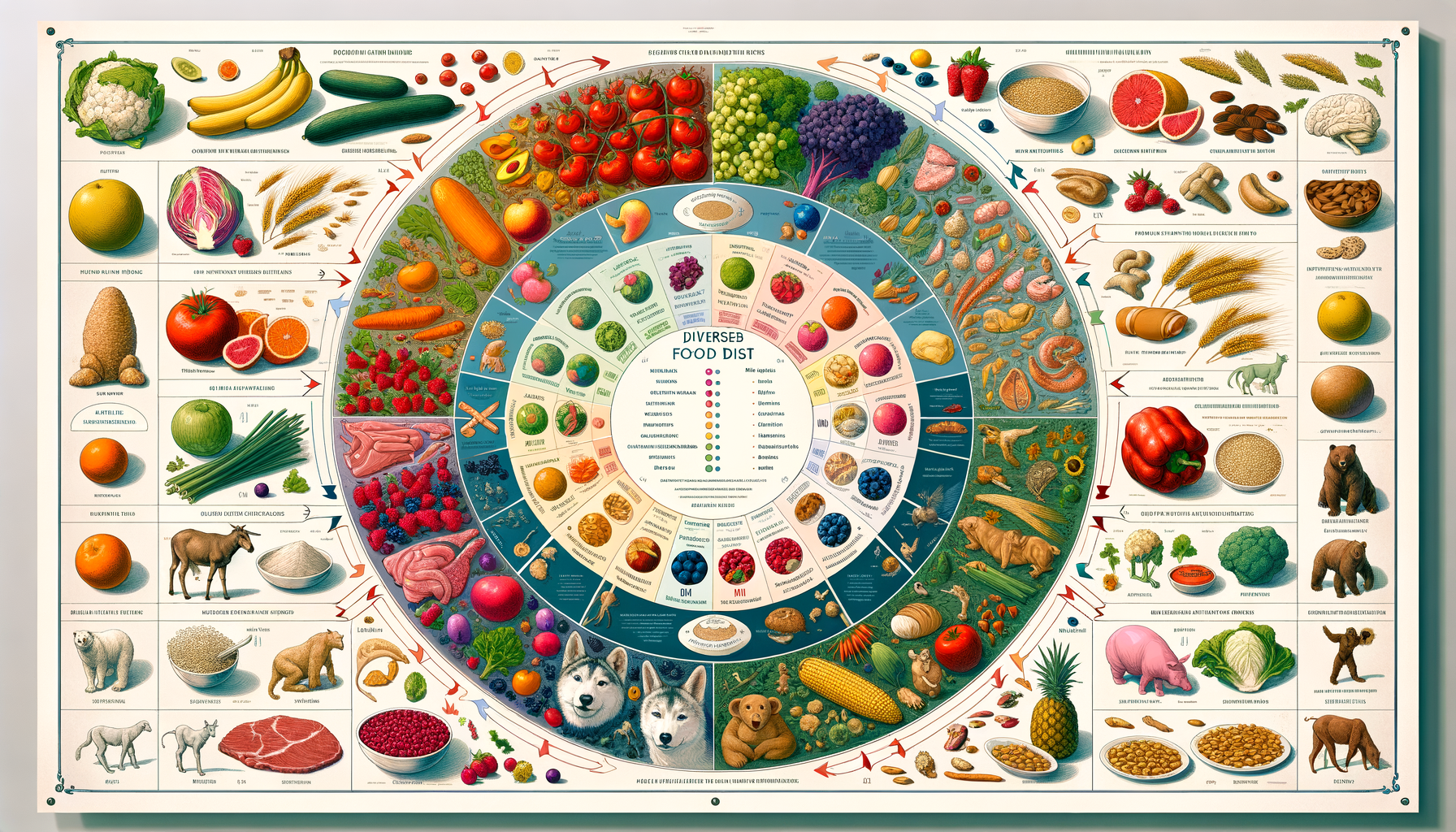Understanding Food: Sources, Importance, and Nutrients in Animals
- Description
- Curriculum
- FAQ
- Reviews

Understanding Food: Sources, Importance, and Nutrients in Animals provides comprehensive insights into the fundamental aspects of animal nutrition. This course covers various dietary sources of nutrients, emphasizing their significance in promoting optimal growth, reproduction, and overall health of animals. Participants will learn about the key nutrients such as carbohydrates, proteins, fats, vitamins, and minerals, and how they contribute to different physiological functions. The course also discusses the impact of diet formulation, feed quality, and feeding strategies on animal performance. Practical examples, current research, and case studies will be integrated to enhance understanding. Whether you are an aspiring veterinarian, animal science student, or livestock manager, this course aims to equip you with the knowledge needed to make informed decisions about animal feeding practices, ensuring health and productivity. By the end of this program, learners will be able to identify various food sources, understand the nutritional requirements of different animals, and apply this knowledge to optimize feeding protocols for better animal welfare and farm profitability.




